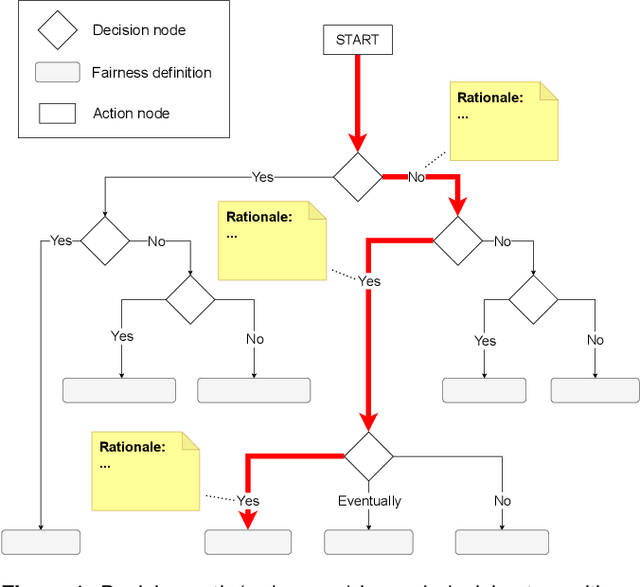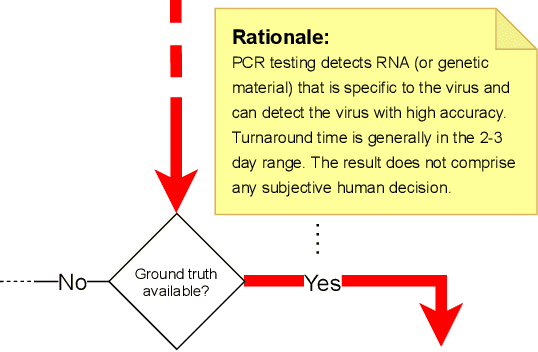Explaining how your AI system is fair
Paper and Code
May 03, 2021

To implement fair machine learning in a sustainable way, choosing the right fairness objective is key. Since fairness is a concept of justice which comes in various, sometimes conflicting definitions, this is not a trivial task though. The most appropriate fairness definition for an artificial intelligence (AI) system is a matter of ethical standards and legal requirements, and the right choice depends on the particular use case and its context. In this position paper, we propose to use a decision tree as means to explain and justify the implemented kind of fairness to the end users. Such a structure would first of all support AI practitioners in mapping ethical principles to fairness definitions for a concrete application and therefore make the selection a straightforward and transparent process. However, this approach would also help document the reasoning behind the decision making. Due to the general complexity of the topic of fairness in AI, we argue that specifying "fairness" for a given use case is the best way forward to maintain confidence in AI systems. In this case, this could be achieved by sharing the reasons and principles expressed during the decision making process with the broader audience.
 Add to Chrome
Add to Chrome Add to Firefox
Add to Firefox Add to Edge
Add to Edge